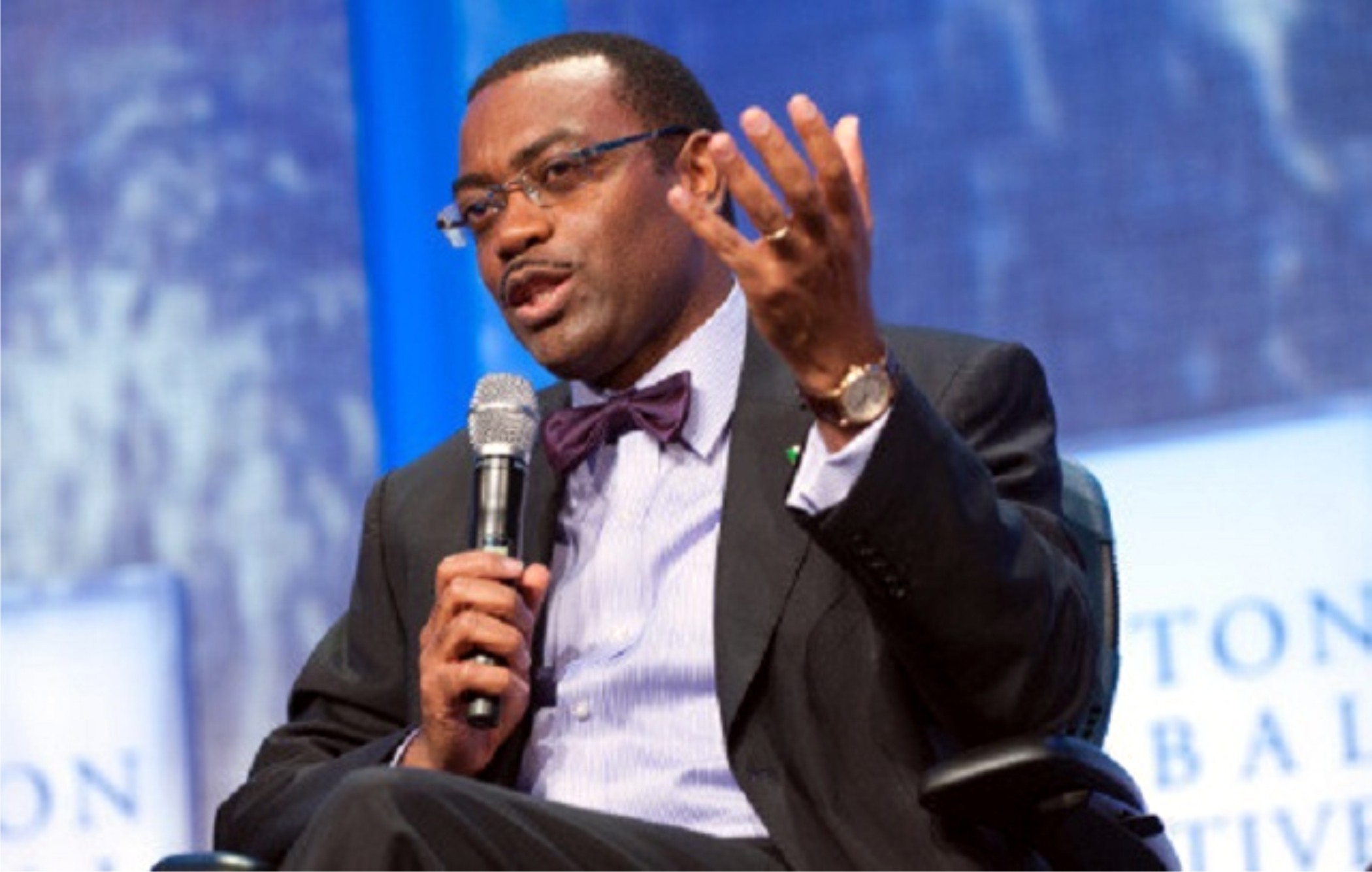Business
Adesina Tasks Nigerian Youths On Entrepreneurial Skills

President of African Development Bank (AfDB) Dr Akinwumi Adesina, has urged Nigerian youths to acquire entrepreneurial skills so that they can brace up to challenges of labour market.
Adesina made the call while delivering a lecture at the 13th Convocation of Bowen University, Osun State last Friday.
Adesina said that the call became necessary in view of the need to make graduating students of the institution become entrepreneurs, create businesses, employ others and not job hunters. “Let’s talk about investing your talents through entrepreneurship. In my days at the university, you got a job immediately after you graduated. Your future was set. No longer. The graduate today is graduating into a world of uncertainty.
“Over 13 million young people enter the job market each year but only three million get jobs. Africa will have the largest number of youths joining the labour market by 2030 than all the world taken together,’’ Akinwunmi said.
According to him, “the higher ground is not to depend on others to employ you. The higher ground is for you to be job creators. The key to that is entrepreneurship”.
Adesina said there was the need for youths to persevere so as to be successful entrepreneurs.
“The key is perseverance, persistence in doing something in spite of difficulty or delay in achieving success,” he added.
Adesina also emphasised the need for universities to shift away from note teaching into allowing students to experiment, try things, put ideas to work, and innovate.
He said “to do this, universities need to have structured institutional arrangements for supporting innovations.
“Developing patents is not enough. Patents must lead to business and that can only happen through supportive environments for them to thrive. Setting up university foundries is a good way to achieving this,’’ he said.
While identifying Nigerian women as very enterprising, Adesina said that young females deserved special entrepreneurship programmes to unleash their potentials.
“Women are great entrepreneurs. Just take a look at women in Nigeria. They are very enterprising. Everywhere you look you see them hard at work. Women run Nigeria.
“No bird can fly with one wing. When women’s potential is fully unlocked, Nigeria will fly with two wings,’’ Adesina said.
He said that the AfDB was supporting entrepreneurship programmes in African universities.
“One example is the Rwanda Institute of Science and Technology, a collaborative programme on Masters in ICT, jointly with Carnegie Mellon University in the U.S.A.
“With 40 million dollars support from the bank, the school is world class, 100 per cent of their students get jobs even before they graduate, with many setting up their own ventures.
“Such is the case of Clarisse Irigabiza, a student who set up her own IT business, and sold it for 21 million dollars at the age of 27.
“What did the university do to help her? World class education, yes. But much more: exposure to entrepreneurship.
Business
NCDMB, Jake Riley Empower 250 Youths On Vocational Skills

Business
NUJ Partners RSIRS On New Tax Law Education

Transport
Nigeria Rates 7th For Visa Application To France —–Schengen Visa

-

 Politics3 days ago
Politics3 days agoPFN Rejects Call For INEC Chairman’s Removal Over Genocide Comments
-

 Rivers3 days ago
Rivers3 days agoFasthire, PHCCIMA, CIPM Host CareerFest 2026 In PH
-

 Sports3 days ago
Sports3 days agoEnekwechi wins Orlen Cup in season opener
-

 Sports3 days ago
Sports3 days agoFalconets, Senegalese Lionesses arrive Ibadan for qualifier
-

 Politics3 days ago
Politics3 days agoHoodlums Disrupt LP-ADC Defection Event In Lagos
-

 Sports3 days ago
Sports3 days agoSimba open Nwabali talks
-

 Politics3 days ago
Politics3 days agoRemoval From INEC’s Portal, Abure-Led LP Faction Mulls Legal Action
-

 Niger Delta3 days ago
Niger Delta3 days agoTinubu, Jonathan, Diri Pay Last Respect To Ewhrudjakpo

